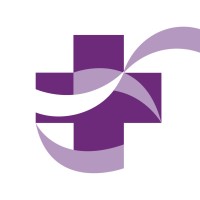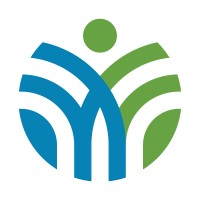
CHRISTUS Health
CHRISTUS Health is a Catholic not-for-profit health care system comprising more than 600 centers, including long-term care facilities, community hospitals, walk-in clinics and health ministries. We are a community of 50,000 Associates, with over 15,000 physicians providing personalized care. Our ministries extend to Texas, Louisiana, New Mexico and Arkansas, and throughout the Americas to Chile, Colombia and Mexico. We continue to expand into new communities each year, adding more physicians and more services and bringing care closer to more people. Sponsored by the Sisters of Charity of the Incarnate Word in Houston and San Antonio and the Sisters of the Holy Family of Nazareth, our mission is to extend the healing ministry of Jesus Christ to every individual we serve.






